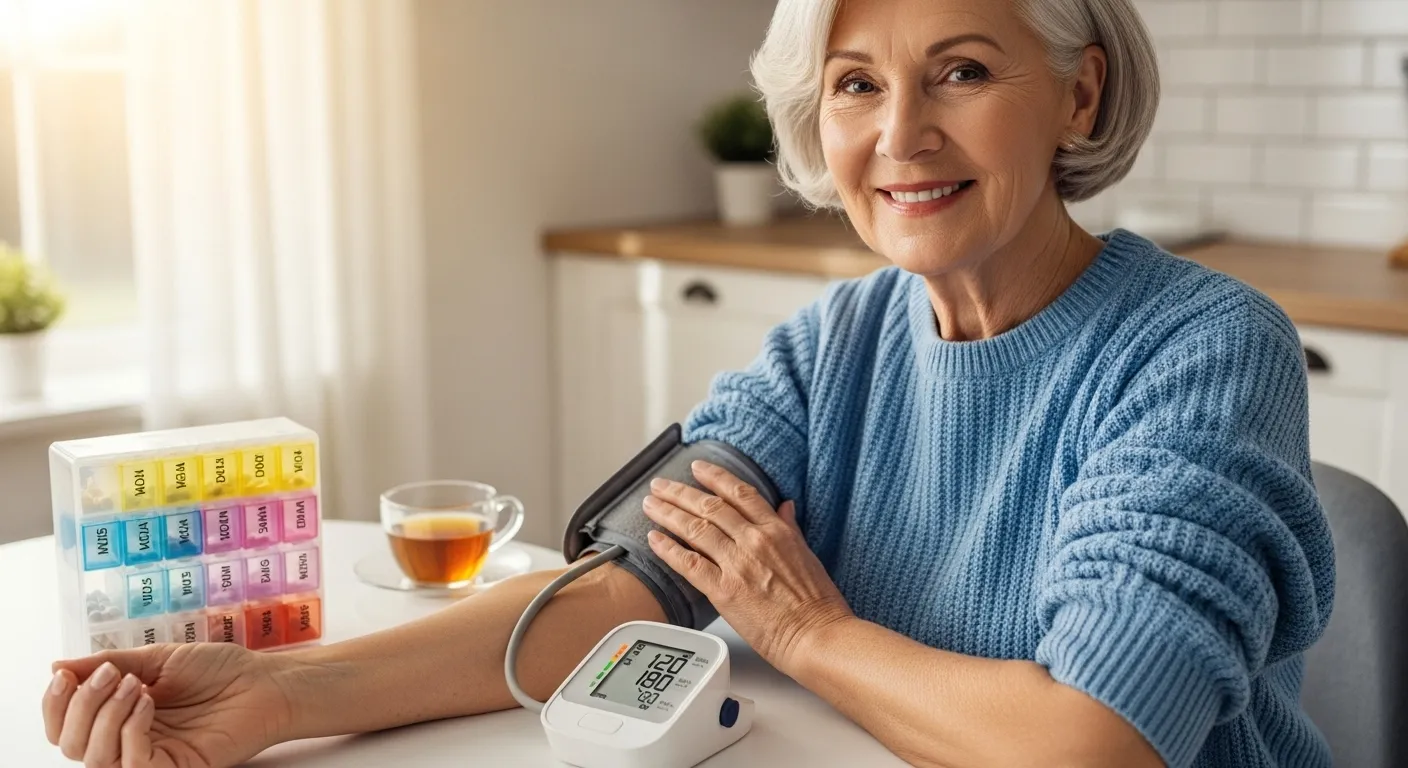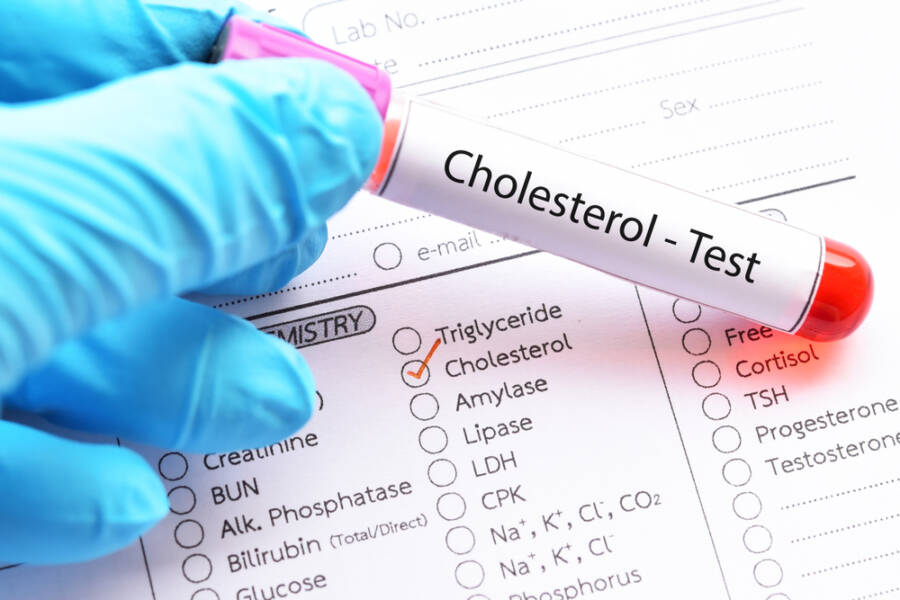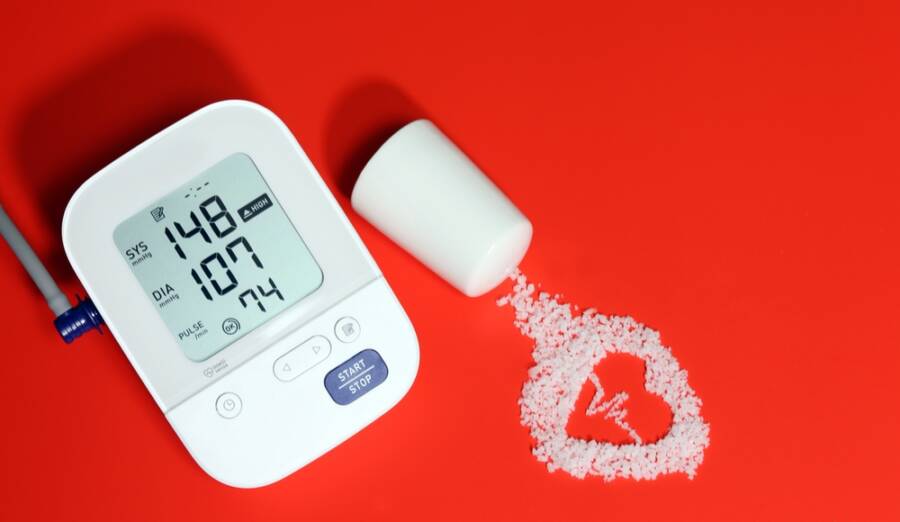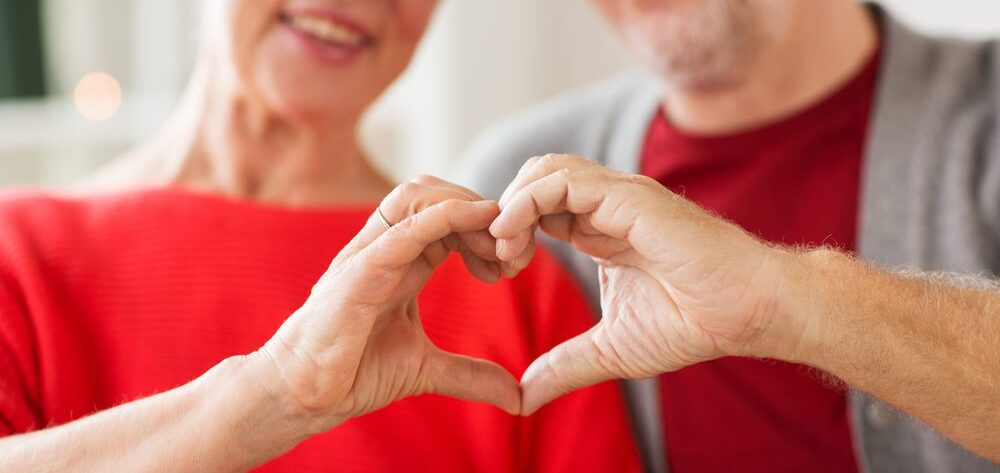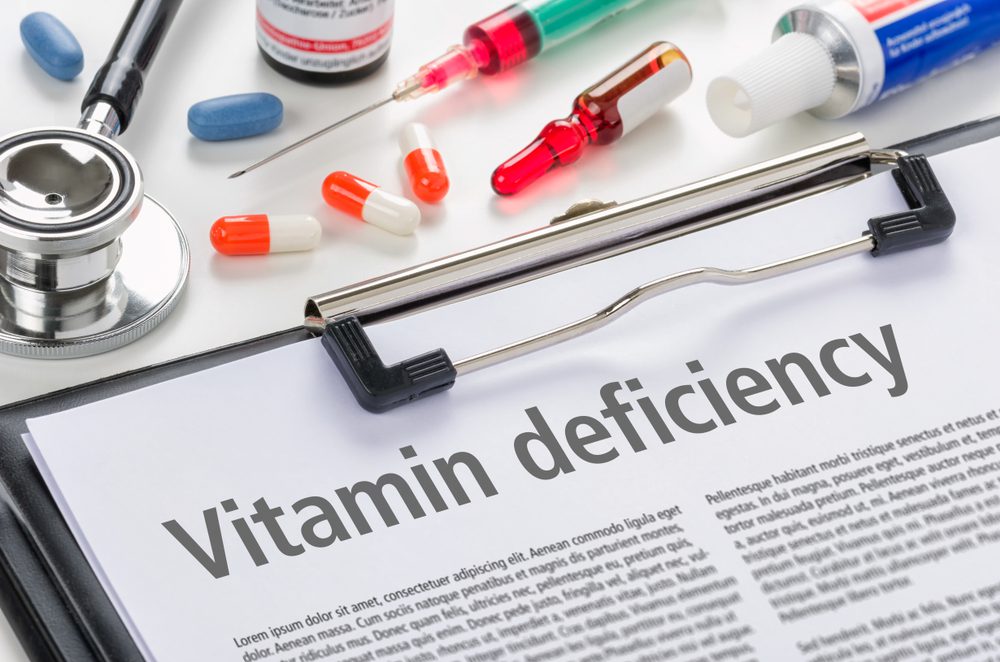When to Contact a Doctor
It is essential to stay in close communication with your healthcare provider. You should schedule an appointment if you experience any of the symptoms mentioned in this article, especially if they are persistent or worsening.
Seek more urgent medical attention if you or your loved one experiences:
Extremely high blood sugar symptoms, such as extreme thirst, frequent urination, confusion, drowsiness, or nausea. This could be a sign of a serious condition called hyperglycemic hyperosmolar nonketotic syndrome (HHNS).
Signs of very low blood sugar (hypoglycemia), which can be a side effect of some diabetes medications. Symptoms include shakiness, sweating, confusion, dizziness, and irritability.
Any new numbness, tingling, or pain in your feet, or any sores on your feet that are not healing.
For reliable information on diabetes research and care, you can visit the websites of the National Institute of Diabetes and Digestive and Kidney Diseases (NIDDK), a part of the NIH, and the American Diabetes Association (ADA).

